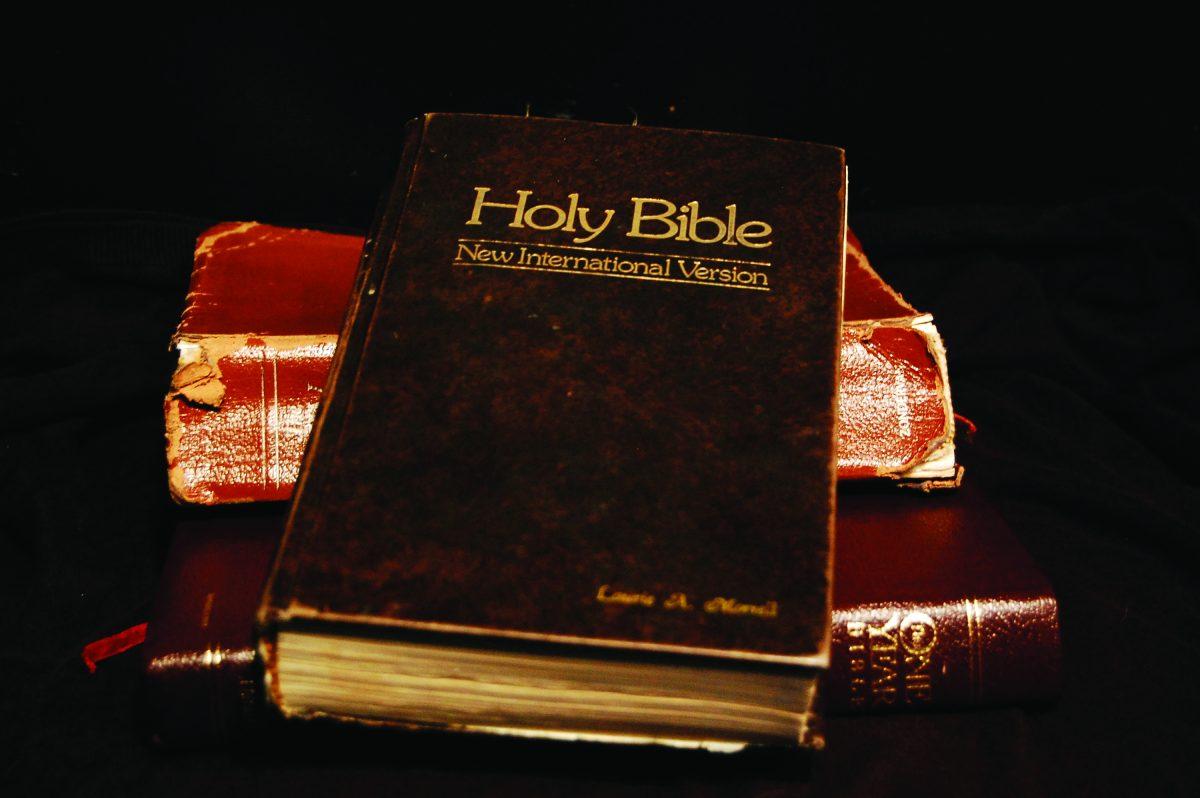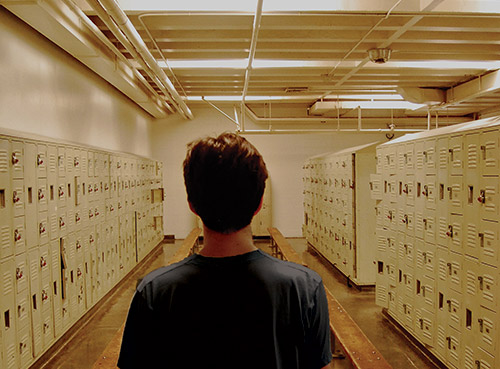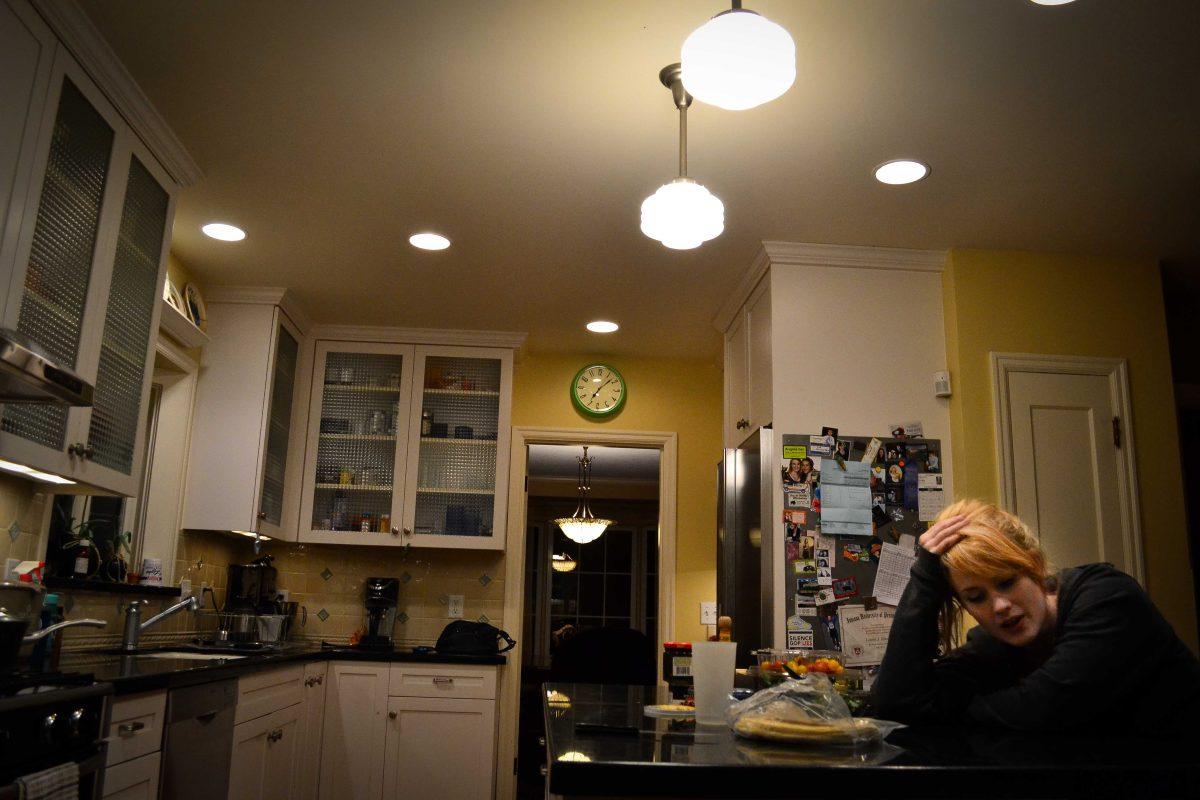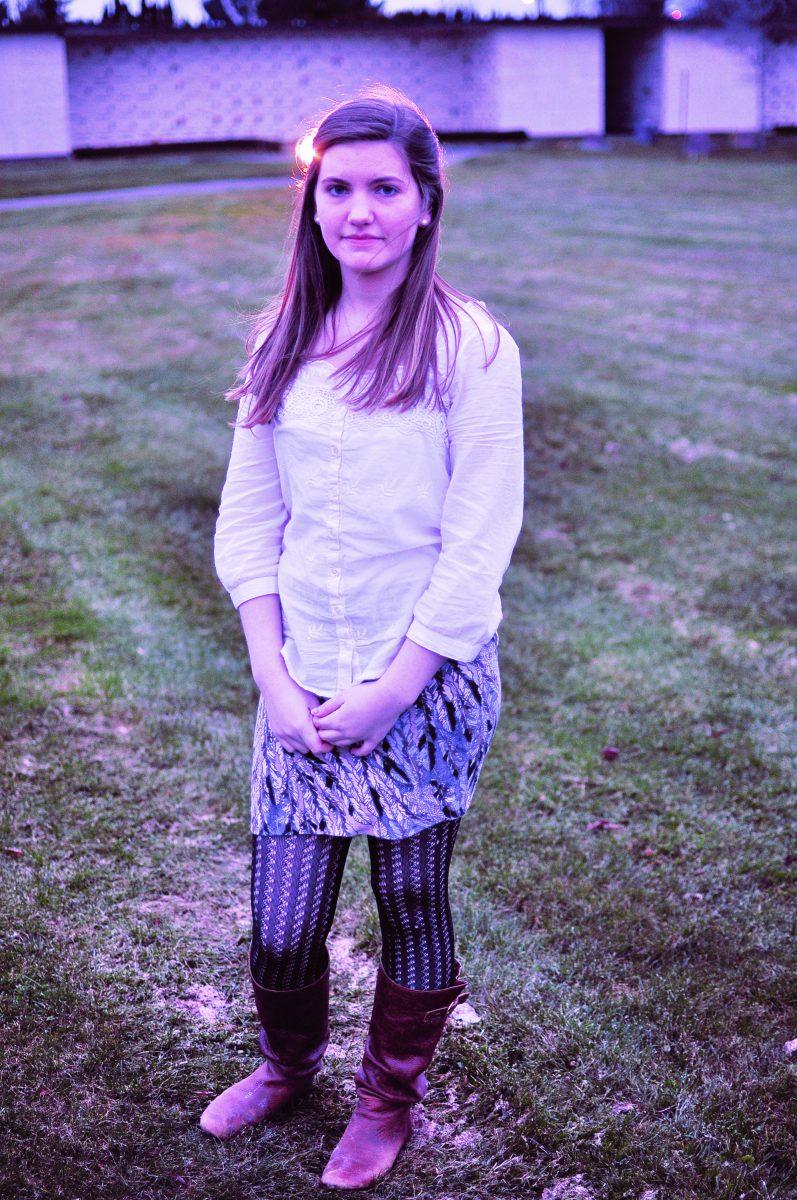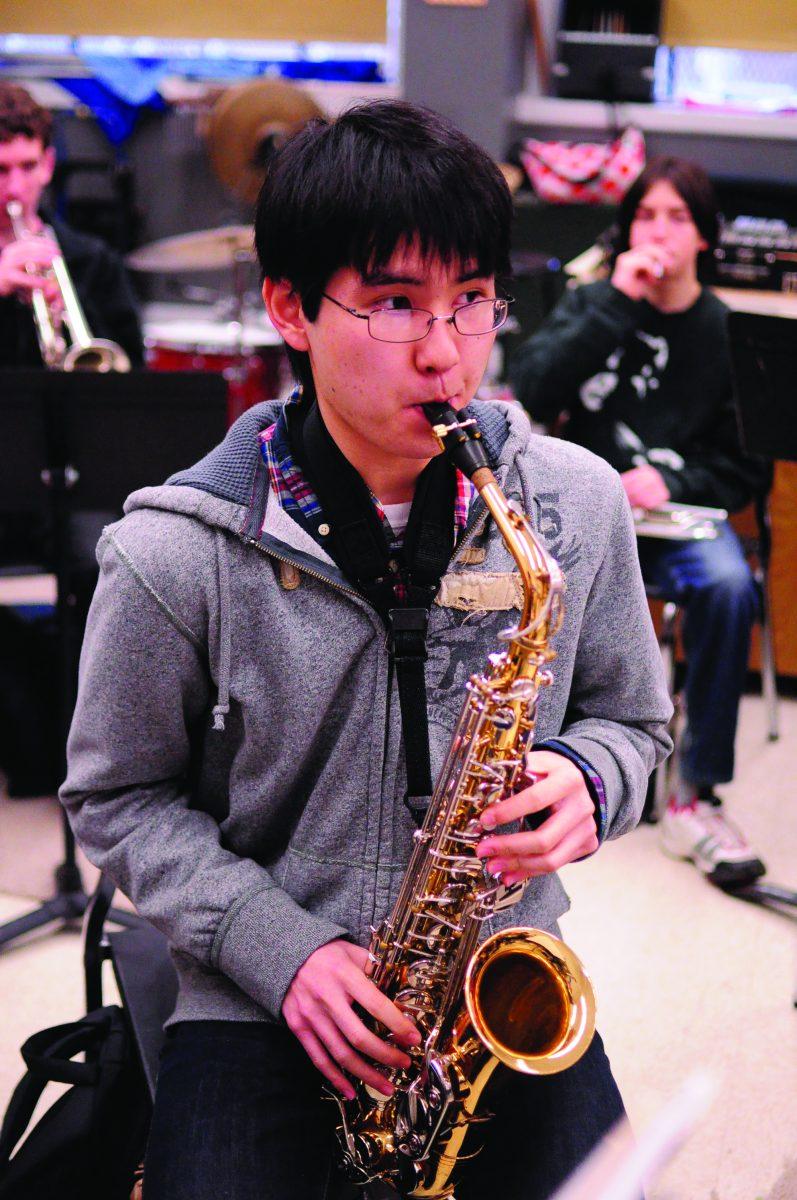At age six, I stood under the hot lights on the stage of my church and screamed my first gospel solo into a lipstick-stained, crayon-scented microphone. 1,200 members of the congregation looked back at me – a scrawny little girl – and applauded with an avalanche of hallelujahs, hoots and hollers. My addiction to religion had officially begun.
People are surprised when I tell them I was homeschooled until the fifth grade and generally respond with, “But, you aren’t that weird,” “Do you have the Bible memorized?” or “Did you have any friends?” To clarify, I am pretty weird, I have a decent amount of the Bible memorized and – if stuffed animals count – I had at least 30 friends.
Growing up as a homeschooled pastor’s kid in a large, urban church was bliss. My elementary days were a happy blur of kids camps, choir performances and endless hours of wandering about the church. I saw it as my personal playground.
I welcomed responsibilities in my church community so that I could become more involved, so I joined a student leadership team. This made me feel like an elite – a kid who was somehow blessed with more dedication and religious fervor than the other kids. It fed my desire for perfection.
The greatest contribution to my self-esteem at the time was the approval of the children’s pastor. His sermons were filled with scathing rhetoric that cut straight to the heart by way of condemnation. Although his messages were extreme, I believed God had placed him in my life and therefore he could not be wrong. In fifth grade, he publicly criticized me for using my cell phone to check the time during worship. I vowed to not mess up again.
In seventh grade, my father told me the church was laying off the children’s pastor for “philosophical differences.” When his departure was announced, members left by the hundreds – many of whom were my mentors and best friends. The next two years were a blur of disillusionment and hardship. Almost all of the Kid’s Church staff left. Many of these kids in the program came from unstable homes; it had become a weekly source of assurance and stability. I knew I had to stay and help each Sunday.
On Wednesdays, I attended a new youth group run by my former pastor. I dedicated myself to the success of this youth group and saw it as a chance to extend my journey toward perfection. It was anything but that. The small group became toxic. Everyone critically analyzed the motives of the other members. Gossip sprouted about people being flirtatious or how some of the participants were lazy. The leadership team I was on had extensive responsibilities and members were treated harshly for failing to perfectly execute their duties. Tears were not uncommon after each Wednesday’s long, pre-service meeting. Anyone who showed up was subject to criticism for a failure during the previous week.
More rules, like a prohibition on hugging, were added. Slowly, I found myself questioning their validity. To make things worse, the congregations of each church began to hate the other. I became a traitor in both for attending the other. I had become a piece of rope in a religious tug-of-war game.
One night at my youth pastor’s house, I confronted his wife for singing a song about a “faggot” dancing over the hills, trying to avoid gunshots. The song was so heinous that I was stunned. Didn’t God command us to “Love thy neighbor as thyself?” My brother and I brought up this point, but got caught in a circular argument with her; we knew we were getting nowhere. I left in tears, confused and unsure.
I was beginning to fray. In ninth grade, I found myself breaking rules all over the place. I was slipping up, forgetting a responsibility here, getting caught in a lie there. At Kid’s Church, I lost my spark and merely went through the motions. At youth group, I felt isolated and constantly enraged. My world had been based in perfection and suddenly it was rife with mistakes.
I lost friends when I quit the leadership team and was labeled a sinner. Church members criticized me behind my back. I had become the person I grew up despising – a sinful teenager buying into to societal pressures. At my greatest moment of need, I could not find God. I had done something wrong and was no longer worthy of His grace.
But then I had a realization. Wasn’t Jesus labeled a sinner? Didn’t his foes hang him on the cross to punish him? Wasn’t the one thing he espoused above all else true and unconditional love? I realized that I had done all I could. I had fought to protect kids. I stood up against the judgment and hate in my church community. And I left.
I began to take more challenging classes and found time to be involved in the Grant community because I wasn’t always at church. I took mass transit, I walked around downtown Portland at night, I watched scary movies and went to the “Rocky Horror Picture Show.” Looking back as I approach the end of my senior year, I wouldn’t change a thing. My high school experience has shown me that peace and joy can be found beyond a guilt-bound altar. I have found my true redemption in the last place I expected: outside of my church. ♦



























